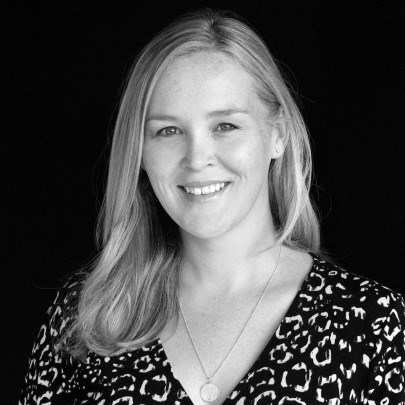Dr. Alexis Kallio - Keynote abstract
Public scholarship in music education: Rethinking academic freedom by unthinking method
Beyond the political interference of authoritarian regimes, the neoliberalisation of the Academy has emerged as one of the key threats to academic freedom in the 21st Century. The demand to produce research outputs of sufficient quantity, quality, and impact for scholars to justify their taxpayer funded appointments reconceptualises the responsibility of the public scholar from one who challenges the status quo and inequitable power relations to providing a worthwhile return on investment.
As conceptualisations of the university shift from a “bastion of intellectual endeavour to [the] engine room of capitalist enterprise” (Watermeyer 2019, p. 2), scholars have been recast as “mere bit-parts or walk-ons to the drama of which they are (at least listed as) major protagonists” (p. 1). Establishing and maintaining a viable academic career may thus seem incommensurable with the Enlightenment ideals of intellectual and political agency. In music education, Mantie (2022) articulates this “crisis of confidence” in relation to intensifying calls to decolonise the Academy, raising questions as to whether academia is a feasible realm in which to further ideals of equity and justice when its systems reward “those who stick to the positivist playbook” (p. 22).
In this keynote address, I attend to this tension between critical imperative and methodological conformity. I examine the ways in which the policing of method reinforces individualised frames of knowledge-production that exist in epistemological and ontological conflict with the post-philosophies, fixing notions of what knowledge is and what it does. Despite our good intentions, the doings of inquiry thus risk upholding capitalist and Eurocentric imperialism, perpetuating a stuckness “where power relations are reinscribed rather than ruptured, a call to order where opposition falls on deaf ears, where research doesn’t lead to action, where dissensus doesn’t lead to change” (Niknafs & Kallio, forthcoming). Heeding Elizabeth St. Pierre’s (2021) caution that scholars now have an urgent ethical obligation to think the unthinkable, I argue that music education scholars are particularly well placed to deviate from established methodological scripts in realising a more creative and relational public scholarship. Rather than broadening our methodological repertoires and rewriting the playbook, such work might unsettle the very foundations upon which knowledge-production is based and realise a more ethical conceptualisation of academic freedom though the inquiry process itself.
Mantie, R. (2022). Struggling with good intentions: Music education research in a “post” world. Research Studies in Music Education 44(1), 21-33.
Niknafs, N. & Kallio, A.A. (Forthcoming). Stuck and stuttering: Beyond the ‘common good’ of intercultural ethics in school music education. In the SAGE Handbook of School Music Education. SAGE.
St. Pierre, E.A. (2021). Post qualitative inquiry, the refusal of method, and the risk of the new. Qualitative Inquiry 27(1), 3-9.
Watermeyer, R. (2022). Introduction to the Handbook on Academic Freedom. In R. Watermeyer, R. Raaper & M. Olssen (Eds.) Handbook on Academic Freedom (pp. 1-16). Edward Elgar Publishing Ltd.
Author biography
Dr. Alexis Anja Kallio is Deputy Director (Research) of the Queensland Conservatorium, Griffith University and Deputy Director of the Creative Arts Research Institute.
A specialist in the politics of music education and research methodologist, she works in close collaboration with community groups, policymakers, and educational institutions to examine how music education policy, practice, and research can structure opportunities for equity and justice in school, university, and community settings.
She is editor of Difference and Division in Music Education (2021, Routledge), co-editor of The Politics of Diversity in Music Education (2021, Springer) and co-editor of Music, Education, and Religion: Intersections and Entanglements (2019, Indiana University Press).

